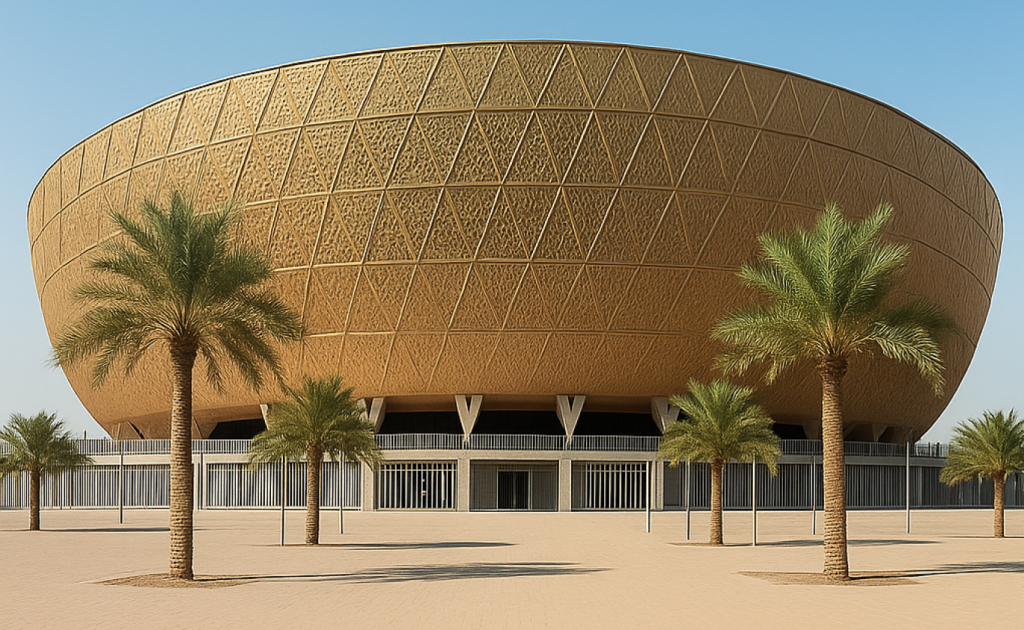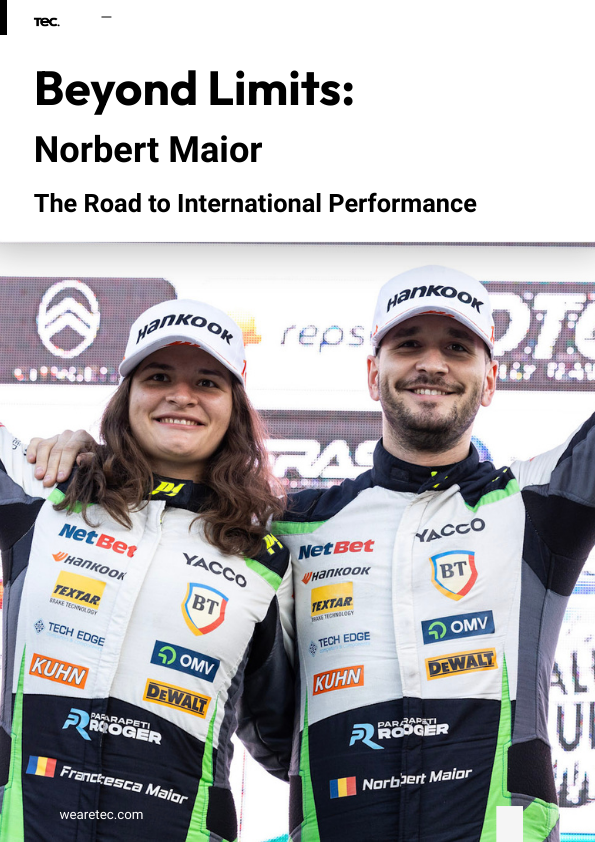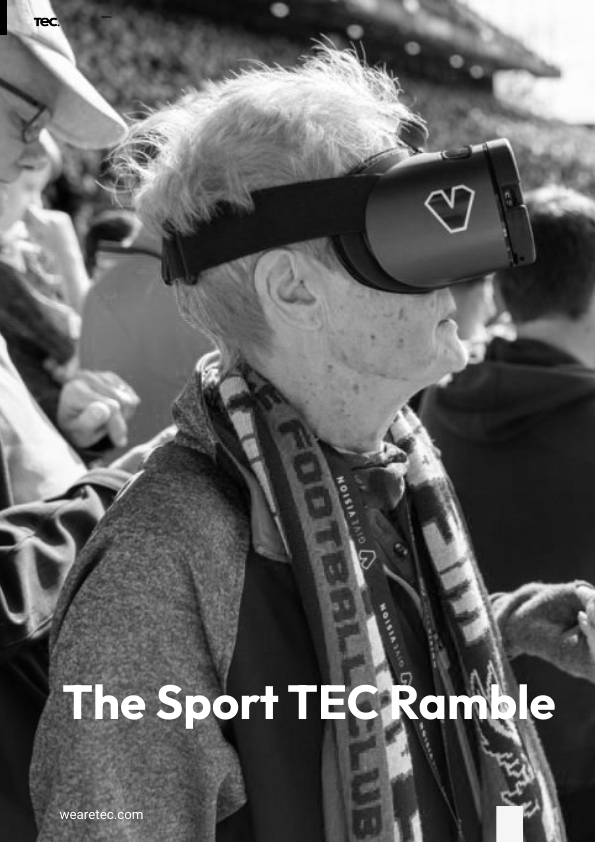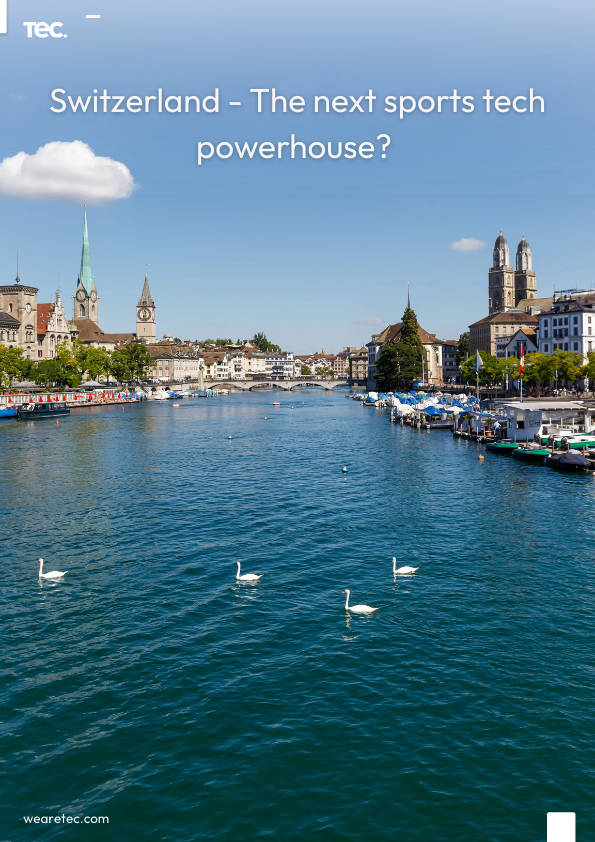
After a long and exciting season that has seen 40 tournaments played across more than 20 countries, we are now approaching the final stages of the DP World Tour, one of golf’s premier competitions. The penultimate event, the Abu Dhabi HSBC Championship begins next week, before the 50 leading players move across the Emirates to compete in the DP World Tour Championship to see who will win the Race to Dubai.
Through our work with leading golf federations in helping to deliver major golf events, we have seen firsthand what it takes to deliver these sorts of tournaments and the fact that the Middle East is hosting the final stages of this prestigious competition should come as no surprise. Through investment and a technology-led approach, the region has proven itself as ideal venue for elite sports competition having successfully hosted a wide range of international sporting events.
How technology is making a difference?
Middle East
The Middle East has established itself as a premier venue for sports events with state-of-the-art facilities that host elite football, tennis, golf, boxing, motor racing and other sports events. The rights holders and venues all leverage digital ticketing to improve distribution, convenience and reduce ticket fraud. For example, the Saudi Pro League and Qatar Stars Leagues both work with digital ticketing partners (WeBook and Ticketmaster respectively).
The array of world class facilities that have been built – or that are under construction – across the Middle East all leverage the latest in smart venue technology to improve fan experience – let’s look at how this is being done across Qatar, Saudi & the UAE:
Qatar
The responsibility of hosting the 2022 FIFA World Cup understandably served as a huge catalyst for the expansion of Qatar’s sports venue infrastructure, with innovation at the core of their plans. Eight new stadiums were built or renovated for the tournament, and of these, seven featured revolutionary cooling technology designed to combat the heat for World Cup fans but also to ensure their legacy by enabling sporting events to be held all-year-round.
AI featured heavily in how stadia operations were managed, with platforms that allowed organisers to predict crowd flow and use this intel to prevent overcrowding, enhance safety, shorten queues and improve fans access to amenities.
Saudi Arabia
Saudi will follow in the footsteps of Qatar as the next gulf nation to host the FIFA World Cup in 2024. The gulf state is building 11 new stadiums for the competition that will utilise the latest in digital innovation, AI and the internet of things (IoT) through mobile apps and digital signage to create a truly immersive, interactive and personalised experience for fans. The stadiums will incorporate the same cooling technology as seen in Qatar, but they will also be able to utilise advancements in Wifi connectivity, LED screens, seamless ticketing and AR/VR to maximise fan experience and the opportunity for sponsors.
Saudi Arabia is also developing a number of sustainable sports facilities as part of its Vision 2030, such as Sports Boulevard and facilities at the new Neom super city, that integrate green technologies like solar power, advanced water management, and smart building systems to reduce energy consumption and carbon emissions.
UAE
Although operating without the incentive of a World Cup, the UAE has been proactive in building smart venues that utilise different hardware and software to enhance venue capabilities.
At Dubai Sports City, home to a range of world-class venues for sports such as cricket, football and tennis, cloud-based solutions have been implemented to improve venue management, to facilitate online bookings and transactions. AI-driven crowd management tools have also been employed during high-profile events.
Zayed Sports City in Abu Dhabi, introduced AI-booking optimization technology leading to a 40% reduction in venue downtime and increased revenues through automated pricing strategies.
In Sharjah, they have implemented IoT-powered venue alerts which remove the possibility of facilities issues going undetected and enable proactive maintenance and better energy efficiency, which reduced repair and operational costs.
The latest TEC whitepaper delves into the role technology has played in establishing leading nations hosting credibility and the areas in could drive further improvements in line with national sporting directives.
Prefer a conversation? Schedule an intro call here to explore tailored solutions for your organisation.




